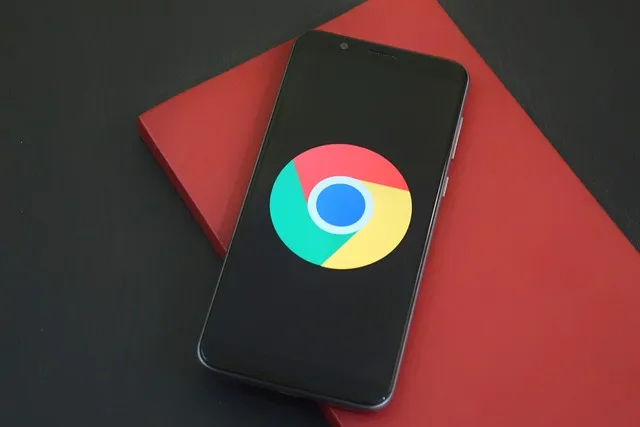I don’t fully understand the government’s reasoning on this. While Chrome has been dominant in recent years, its position is increasingly challenged by other browsers on all operating systems except Android. With the growing integration of AI into browsers, Google’s dominance is likely to face even more competition moving forward. While I acknowledge Google’s significant influence in the browser market, it seems the ideal time to address this issue was several years ago, not now.
Also, there isn’t any way this takes place before Trump takes office and he’s already indicated that he might not break up the company.
Table of Contents
Open Table of Contents
Quotes
AP News
A sale of Chrome “will permanently stop Google’s control of this critical search access point and allow rival search engines the ability to access the browser that for many users is a gateway to the internet,” Justice Department lawyers argued in their filing.
Reuters
‘The reason why it’s valuable to Google is because Google uses it to enhance its ad business and its search business,’ said Megan Gray, former general counsel at search rival DuckDuckGO who has also worked as an attorney at the Federal Trade Commission. ‘If you don’t have those, then Chrome would just be a data broker.’
Reuters
While Trump’s administration originally filed the search case against Google during his first term, he indicated in October he might not break up the company because it could hurt the American tech industry at a time competition is heating up with China in areas including AI.
Summary
-
Chrome’s Current Dominance:
- Google Chrome continues to dominate the browser market, particularly on Android, while facing growing competition on Windows, macOS, and iOS.
-
Windows Devices:
- Chrome holds 65.25% of the Windows desktop browser market share.
- Microsoft Edge has steadily grown, reaching 13.55%.
-
macOS and iOS Devices:
- Safari remains dominant on Apple devices, but Chrome’s cross-platform capabilities have gained it significant market share.
-
Android Devices:
- Chrome maintains significant dominance due to its integration and pre-installation on Android devices.
-
AI Integration and Competition:
- Microsoft Edge incorporates AI features like OpenAI’s GPT-4, challenging Chrome’s position.
- OpenAI is exploring a browser integrated with ChatGPT, adding more competition to the market.
-
Regulatory Actions:
- The U.S. Department of Justice has proposed breaking up Google by divesting Chrome.
- President-elect Donald Trump has indicated skepticism about such measures, prioritizing strong American companies for global competition.
-
Timing Concerns:
- Critics argue the ideal time for regulatory action was years ago, as the browser landscape is already shifting due to AI and competition.
Windows Devices Browser Market Share
| Browser | Market Share (%) |
|---|---|
| Chrome | 65.25 |
| Edge | 13.55 |
| Firefox | 6.38 |
| Opera | 3.21 |
Mac OS and iOS Devices Browser Market Share
| Browser | Market Share (%) |
|---|---|
| Safari | 18.07 |
| Chrome | 66.68 |
| Firefox | 2.65 |
| Edge | 5.25 |
Android Devices Browser Market Share
| Browser | Market Share (%) |
|---|---|
| Chrome | 68.04 |
| Samsung Internet | 3.62 |
| Opera | 1.64 |
| UC Browser | 1.37 |
| Firefox | 0.51 |
Microsoft Edge’s Growth since 2020
| Year | Google Chrome Market Share (%) | Microsoft Edge Market Share (%) |
|---|---|---|
| 2020 | 67.03 | 7.02 |
| 2021 | 68.76 | 8.10 |
| 2022 | 67.17 | 10.07 |
| 2023 | 66.12 | 11.17 |
| 2024 | 65.25 | 13.55 |

References
AP Story: US regulators seek to break up Google, forcing Chrome sale as part of monopoly punishment
Reuters Story: Why the US forced sale of Google’s Chrome faces legal hurdles
Reuters Story: Google must sell Chrome to restore competition in online search, DOJ argues